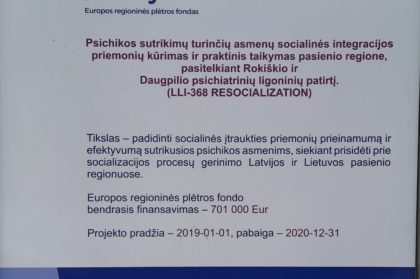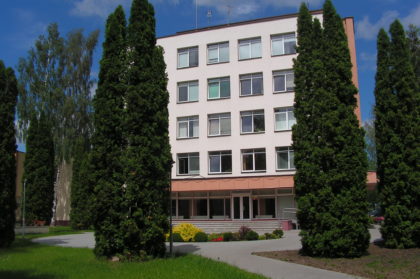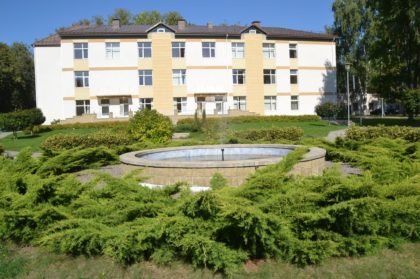Currently in Latvia and Lithuania have increasingly focused on social problems of mentally ill persons, their social rehabilitation and integration into society. The major reforms have begun relatively recently in these fields, for this reason there is still a lack of institutions solving problems of these people effectively in the Programme area. The figures illustrating the extent of the prevalence of mental disorders suggest that the medication to solve the problem is not enough. There are the social inclusions measures needed (social rehabilitation, psychological consulting, work skills recovery (occupational therapy), help for families) that are expected to start after the acute illness period and continue for as long as necessary because this is the way to bring back the person to the society and improve his life quality.
The aim of the Project was to increase the availability and efficiency of the social inclusion of mentally ill persons in order to contribute to the re-socialization process improvement in the Cross Border regions of Latvia and Lithuania.
The Project contributed to the reduction of mentally ill persons exclusion by combining the essential stages of disabled person’s integration such as the social rehabilitation during the treatment time and the support after returning into society. The experts of the Project partners by the mutual cooperation have contributed to the fact that both of these stages are quite effective, complementary and long-term.
The package of innovative social inclusion measures (2 methodologies, 1 program and 1 system) was optimized, developed, diversified and applied in Rokiškis and Daugavpils Psychiatric Hospitals:
- Developed and adapted the improved social rehabilitation program to mentally disordered persons;
- Created and adapted the individual social rehabilitation (through the case management) methodology of ceramic works to mentally disordered persons;
- Created and adapted the individual social rehabilitation (through the case management) methodology of wood/wicker weaving works to mentally disordered persons;
- Created and implemented the system for family assistance in order to improve the integration into the society of mentally disordered family members.
The innovative approach of inclusion measures was illustrated by using of such methods like a “Case Management”, active involvement of patients’ family members, and the parallel implementation of the social psychological supportive assistance during the treatment period and after the return of persons to families and into society.
There were held 3 methodical meetings, 4 experiences sharing seminars, in which 42 employees of both hospitals (21 from each) increased their qualifications and acquire new skills needed for the provision of the occupational therapy (restore of lost skills), social rehabilitation, psychological counselling services, involving of patients’ family members and society into a process of the social integration of mentally ill people.
In Rokiškis Psychiatric Hospital were repaired and installed wood work/wicker weaving workshop and ceramic studio. In Daugavpils Psycho-neurological Hospital was created the Social Inclusion Centre for Families (Family Centre).The both hospitals purchased the necessary equipment for the provision of services.
During the Project 214 (29 of them female) patients and 124 (6 of them female) family members got benefit from the Project.






